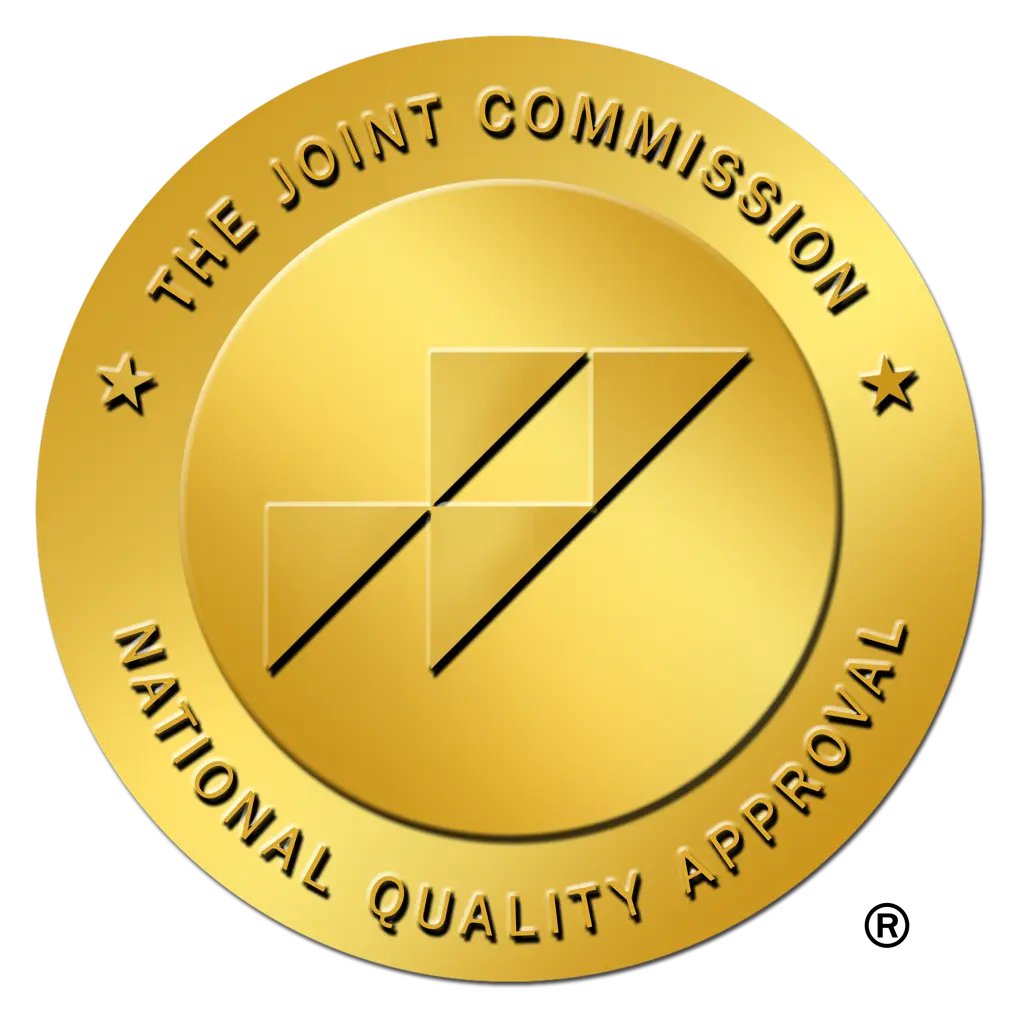Depression is one of the most common mental health disorders affecting women more than men. According to the National Institute of Mental Health (NIMH), in 2020, “An estimated 21.0 million adults in the United States had at least one major depressive episode.” For most women, depressive episodes are a symptom of more significant mental health issues, including generalized anxiety disorder (GAD), bipolar disorder (BD), or postpartum depression. Many people find themselves in crisis if their symptoms remain untreated over a significant period of time. Alter San Diego Crisis Intervention can help you recover from depression and co-occurring mental health disorders using personalized treatment.
The Possible Effects of Postpartum Depression on Bipolar Disorder
Postpartum depression can have various side effects that interfere with a woman’s ability to care for herself and her child. A family history of depression or bipolar disorder increases the risk that they will experience depressive symptoms during or after pregnancy. Some of the possible effects of postpartum depression may include the following:
- Mood changes
- Feelings of anger, anxiety, hopelessness, or panic
- Lack of motivation
- Unusual crying episodes
- Extreme irritability
- Fatigue
- Weight loss or gain caused by changes in appetite
- Inability to concentrate
- Insomnia and other sleep disturbances
Every case is unique, and the symptoms exist along a spectrum. No two mothers have the same experience with postpartum depression.
How Can Pregnancy Affect Symptoms of Bipolar Disorder?
According to Drug, Healthcare, and Patient Safety, “To make informed choices about managing bipolar disorder during pregnancy, clinicians, patients, and their support systems must weigh the available data addressing the effectiveness and safety of treatments in pregnant patients, and the potential risks of bipolar relapses if treatment is stopped, taking into account each patient’s tolerance of risk related to both the underlying illness and available interventions.” Pregnant women with BD can lower their risk by working alongside their healthcare provider to make medication adjustments as needed throughout the pregnancy.
Pregnancy can have a significant effect on the symptoms of bipolar disorder. In addition, women with BD may take longer to recover after giving birth and require extended hospital stays. According to the National Library of Medicine (NLM), “Patients with a history of bipolar disorder are predisposed to developing a relapse during and after pregnancy and should be carefully evaluated and counseled regarding the risk.” Most pregnant women with BD require medical and mental health supervision during and after pregnancy to ensure the best possible outcome and avoid triggering severe depressive episodes
New mothers with bipolar disorder also have a higher risk of developing postpartum depression and postpartum psychosis. Many women are unaware of the potential dangers and may not take the proper precautions. Maintaining mental health treatment and monitoring symptoms can help pregnant women avoid experiencing these disorders.
What Is Bipolar Depression?
Individuals with bipolar disorder can experience significant periods of major depression and severe mood swings. Bipolar depression often manifests in cycles that can last several weeks or months. In many cases, women experience bipolar depression followed by manic episodes that can last a similar amount of time. Some people experience regular intervals, while others have irregular episodes triggered by stress or other factors. Pregnant women and new mothers have a higher risk of experiencing more severe BD symptoms or co-occurring postpartum depression.
Some of the overlapping symptoms of BD and postpartum depression include:
- Lack of motivation
- Sleep disturbances
- Mood swings
- Feeling disconnected from others
- Brain “fog” and difficulty focusing
- Loss of enjoyment
- Feelings of hopelessness
If left untreated, these symptoms can severely affect a person’s quality of life. Expectant mothers with diagnosed bipolar disorder can benefit from working with their care team to create preventative and crisis management strategies. Early intervention and treatment can reduce the effects of depressive symptoms on new mothers and reduce the risk to their children.
How Can I Avoid Postpartum Depression?
You can do a few things to avoid postpartum depression or triggered bipolar depression, including:
- Getting an official diagnosis
- Participating in professional mental health treatment
- Learning to manage symptoms of current disorders
- Reducing stress
- Practicing regular self-care
- Relying on your support system
- Communicating effectively with your care team
You should collaborate with medical and mental health professionals to determine the best way to stay healthy and safe. Healthcare providers and your support system will help you navigate treatment and recovery during your pregnancy.
Healing From the Effects of Bipolar Disorder
Women with bipolar disorder often recover from major depressive episodes with the help of individual therapy, family support, and prescription medication. New mothers may also benefit from attending self-help and support groups where they can interact with peers who have similar life experiences. If you struggle with bipolar and postpartum depression, you can heal and recover with the help of our care team at Alter San Diego Crisis Intervention. We can provide you with the services and treatments you need to establish healthy coping skills.
Depression is one of the most common mental health issues experienced by women. New mothers with a family history of bipolar disorder have a higher risk of developing severe depressive symptoms and other mental health issues. In addition, women diagnosed with bipolar disorder may experience postpartum depression or psychosis that reduces their ability to cope with stressors related to motherhood. Depression treatment San Diego usually involves a combination of psychotherapy, peer support, and prescription medication to help with mood stabilization. Alter San Diego Crisis Intervention can help pregnant women struggling with depression or bipolar disorder. To find out more about our services and treatments, call our office today at (866) 986-1481.

